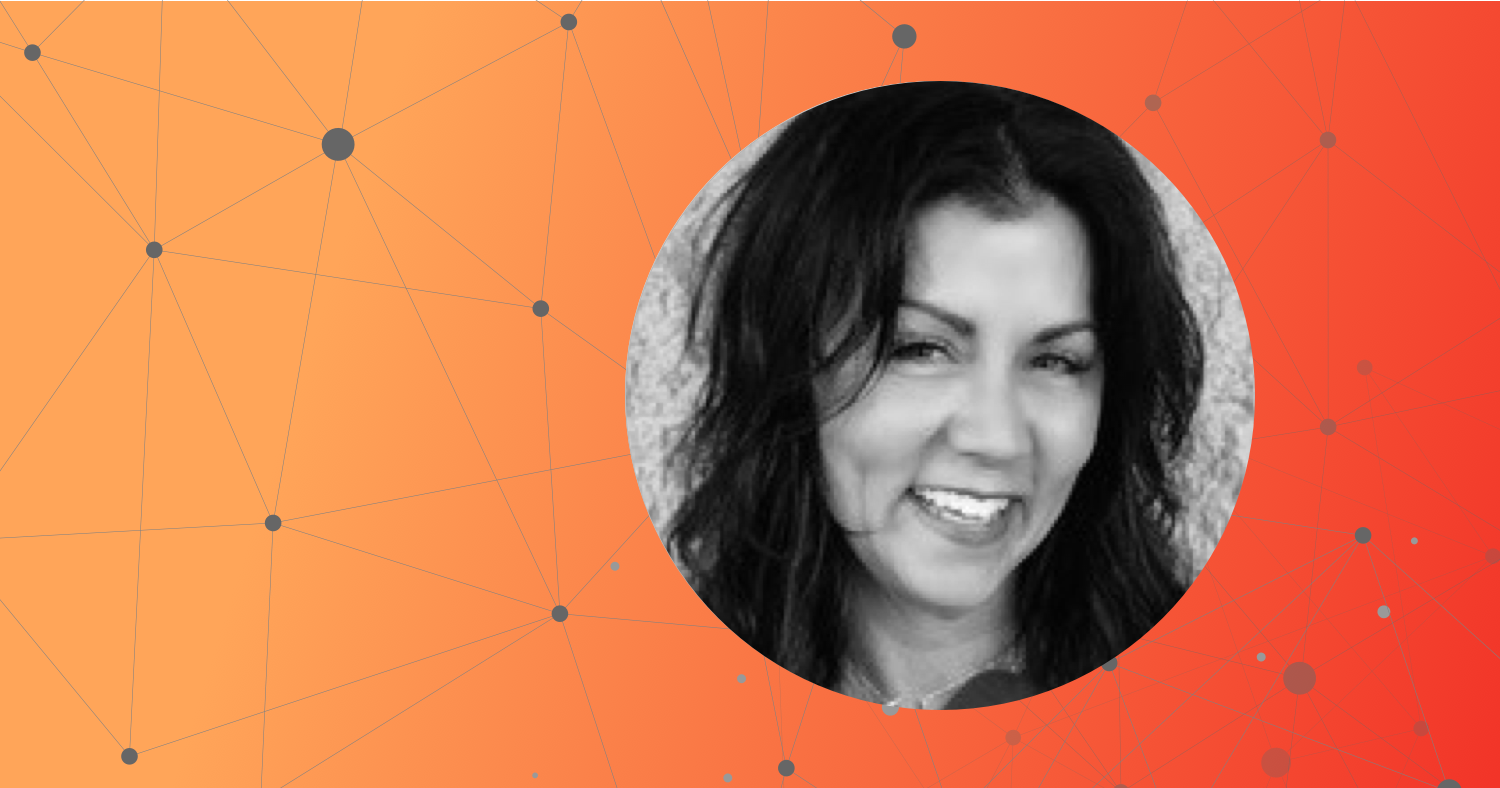My journey to understanding the research on how kids learn to read was decades longer than it should have been.
I started my career in the classroom, as a special education teacher. I hadn’t learned the essentials during my teacher preparation. Then, even though I worked with children with disabilities, I didn’t learn what I needed to know about reading on the job, either.
I went and got a Masters degree in Special Education, thinking that would be the magic solution to learning how to teach reading! Sadly, it was not.
Next, I trained to become a school psychologist. This increased my knowledge on how kids learn to read, but I still didn’t find the answers I needed.
I became a district Special Education Director. Then in 2014, I became the Director of Literacy in Lauderdale County. And finally, my role allowed me the time to study the research in greater depth, and in the years that followed, I began to have a command of the science of reading. (In 2019, when Robin McClellan, Jared Myracle, and Brian Kingsley shared that they’d only learned key reading research as district leaders, this felt all-too-familiar.)
I thought to myself, “In this role, I can impact change in a larger way!” Yet here was the harsh reality: I had a lot of knowledge about literacy, but my teachers did not. And I didn’t have a way to bring this knowledge to our teachers at scale… districtwide, and in depth.
My first opportunity to influence instruction at scale came with our adoption of high-quality curriculum. The materials gave teachers a clear roadmap for research-aligned instruction, and more importantly, our professional learning partner TNTP was incredibly helpful in crafting a learning journey for our team.
Then, I watched as literacy networks like the SCORE LIFT network and the Curriculum Matters PLN augmented that learning. These networks give our teams opportunities to collaborate and grow professionally. Our teachers need these growth opportunities! We can only truly scale awareness of the science of reading with deep professional learning, at scale.
That’s where the next chapter of my career comes in: I’m joining the Tennessee Department of Education during an exciting time, when the Reading 360 initiative is bringing this potential to fruition.
I hope you’ll follow Reading 360, if you aren’t already. This summer, Tennessee is training almost 12,000+ teachers on sounds-first instruction, while providing an excellent, free foundational skills curriculum. More than 20% of K–2 parents have signed up to receive free decodable readers! All of this work ties back to the crucial role of curriculum; finally, a state is supporting extensive professional learning and aligned materials, in parallel.
At first, it felt bittersweet to leave Lauderdale County just as our work with high-quality curriculum was really taking off. Yet I have come to see this opportunity to network teachers across Tennessee through professional learning as the ultimate complement and accelerant to my goal, and the goals of the Curriculum Matters PLN: high-quality instruction at scale. Watch this space, y’all.

